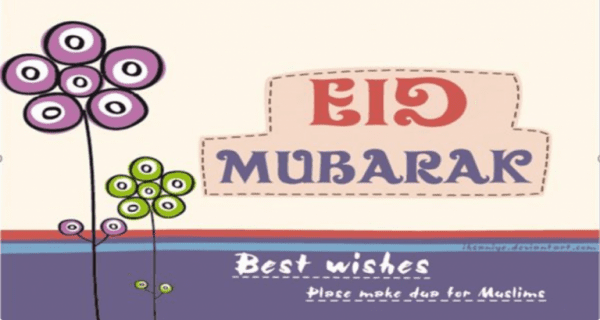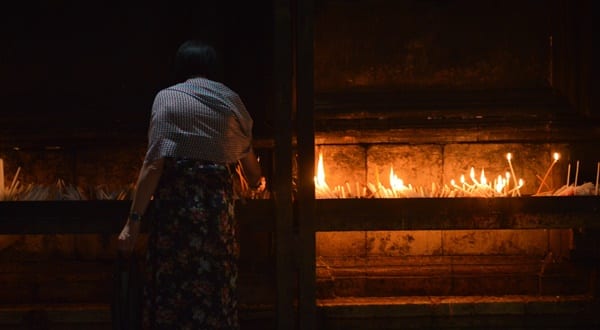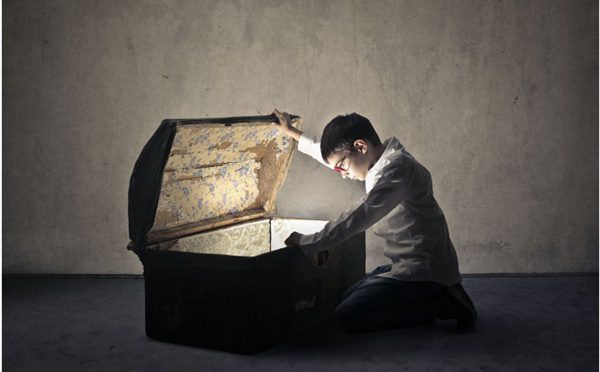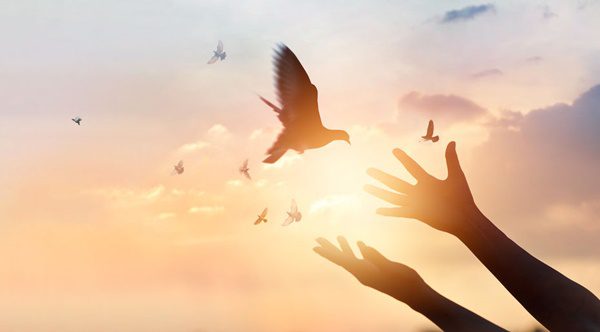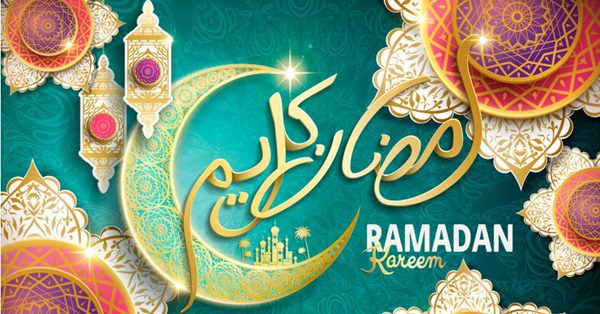In the name of God, Most Gracious, Most Merciful, Eid Mubarak from Teaching Nonviolent Atonement to all of our dear Muslim sisters and brothers! The holy month has drawn to a close, and all around the world, the ummah, or Islamic community, is celebrating the culmination of 30 days of fasting. Long daylight hours, at least in the northern hemisphere, have made this Ramadan among the most challenging in decades, with faithful Muslims refraining from food, drink and sexual intercourse while the sun is up – especially long during these late spring and early summer months!
The hunger in the belly, the dryness of throat during the heat of the day, the restraint against urges of desire, are all meant to invite the soul into deeper relationship with God and neighbor and train the heart in the ways of compassion and civility toward friends and adversaries. This year, the sacred intentions of Ramadan were further challenged by the heartbreaking violence raging throughout the world and devastating Muslim communities in particular. This violence is ravaging places like Afghanistan, where our 17-year-old war has all but been forgotten by media and where dedicated peacemakers have undergone a 400-mile journey from Helmand to Kabul, through war and drought, to bring peace, freedom, and basic human rights to the Afghani people. Violence is devastating Iraq and Syria, where civilian death tolls have mounted exponentially from their already unacceptable levels in the Obama administration to catastrophic levels under President Trump. A genocide is occurring with Saudi Arabian bombs and American money and assistance in Yemen, where famine and cholera have resulted from the brutal and relentless bombing campaign. And particularly this year in Palestine, the devastation in Gaza has been punctuated by violent repression — including the shooting deaths of over 100 civilians — of those demonstrating, overwhelming peacefully, for dignity and freedom from their open-air prison 70 years after the Nakba.
For many, this day of celebration must instead be a day of mourning. So in the midst of this devastation and chaos, it is important to remember the promise of hope that is Eid al-Fitr (literally, “the lesser holiday,” the holiday after the fast).
Let us first ponder the meaning of Ramadan, the 30-day fast meant to tune the heart, mind, and soul toward God and break down walls and build bridges of compassion and solidarity between the wealthy and the poor. Muslims believe that it was during the month of Ramadan that the Qur’an was first revealed from God through the angel Gabriel to Prophet Muhammad. The Qur’an describes itself as a mercy and a guidance, and just like our world today and all times and places throughout history, mercy and guidance were desperately needed! My friend Adam Ericksen explains the world of pre-Islamic Arabia, the Jahiliyya, or Age of Ignorance, as a time when “fate” was thought to determine the rich from the poor, the winners from the losers, leaving little incentive for compassion or generosity. It was a world in which tribal gods were invoked in violent raids of conquest, and the wealth of a few created a world of desperation and misery for the poor, particularly the widow and the orphan. Sadly, this sounds very much like our world today. But it was in the midst of this violent and bleak hopelessness that Muhammad, tuning his heart and his mind to the needs of the poor and vulnerable, was able to hear the message of God: a message of ultimate peace, which is the meaning of Islam.
So it is appropriate that the month in which the Qur’an was revealed is a month of fasting, a time when the faithful enter into solidarity with the poor and hungry. As stomachs growl, those who are normally well-fed get a taste of the hunger 1 in 8 people worldwide experience (according to the 2013 statistics of the World Hunger Education Service). This voluntary material poverty is reminiscent of the world of Jahiliyyah into which the Qur’an was revealed, as faithful Muslims share the experience of the poor. Nothing dispels ignorance more than the active empathy that Ramadan requires.
Furthermore, in this month of spiritual renewal, desires are reoriented from human concerns to divine will. As Muslims find themselves sustained throughout the day not by food but by the loving God and supportive community, they liberate themselves from things that society tells us we need. Negative mimetic desires for material possessions, which can lead to envy and conflict, are tuned out as Muslims become models for one-another of positive mimesis. Turning away from selfish desire to following the desire of God, whose will is for all to love one-another, Muslims during Ramadan find mutual support as they strive through the day to renounce wants masquerading as needs, instead focusing their hearts, minds, time, and resources on those most in need. As food intake decreases, prayer, charity and compassion increase, and the empathy born from this experience extends past the imposed 30 days. The hope is that after the fast comes to an end, Muslims will continue to choose to spend fewer resources on themselves and more in the way of charity toward the poor and vulnerable, relying always on God’s abundant providence.
Eid is a festival of this abundance. It is a holiday that symbolizes that the mercy of God’s message, lived out among the faithful, dispels ignorance. It is a reminder that the same God who sustains us through hunger and poverty generously provides us with a rich and beautiful world to enjoy and share. Eid is the promise of light after darkness, fulfillment after hunger, celebration after tribulation.
So many people worldwide, not only Muslims but people of all faiths and people who have lost all faith, are still in the midst of this tribulation and losing hope. Some have no food for a feast; some have no home to gather inside; some must bury their family instead of celebrate with them. May they be on the hearts and minds of all of those who can enjoy the feast today, and indeed all of us regardless of religion. As Muslims around the world come together today to celebrate the triumph of God’s mercy, abundance, and love, I pray that all of us may learn the lessons of Ramadan – empathy for the victims of violence and greed – so that we may all work toward a future Eid in which we invite all to the table – rich and poor, friend and foe, Palestinian and Israeli – to share the rich feast of God’s boundless love.
Image: This image was generously created by ihsaniye and labeled for reuse.

